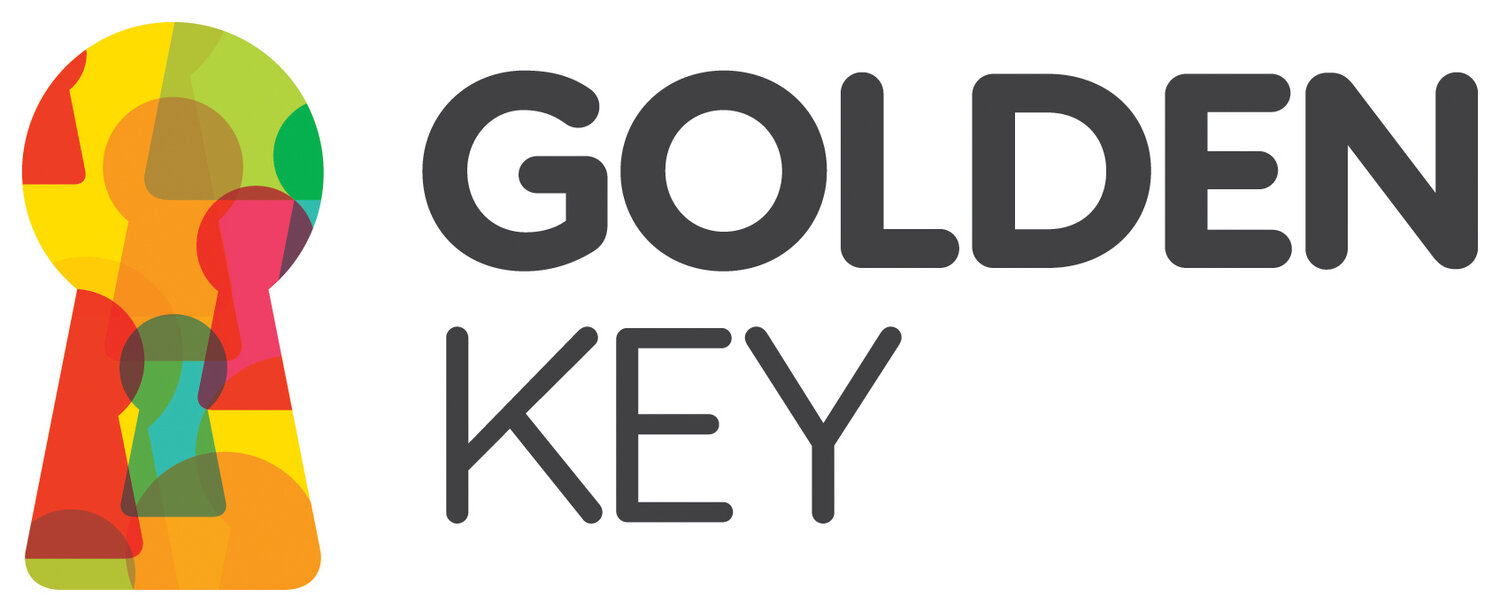Unconscious bias: a perspective.
Jason, a member of Independent Futures, our consultants with lived experience, tells us more about his personal experience of unconscious bias and issues a challenge for us all.
The topic of unconscious bias evokes uncomfortable feelings in me, so I imagine it may also happen to others. In this post, I will be talking about my own experiences and how, over time, I am able to reflect on and challenge those uncomfortable feelings. I will talk about how my lived experience and dual heritage is a constant reminder of how difficult it is and why regardless of this, how important it is to challenge some of our unconscious beliefs.
The University of California’s Office of Diversity and Outreach defines unconscious biases as “social stereotypes about certain groups of people that individuals from outside their own conscious awareness. Everyone holds unconscious beliefs about various social and identity groups, and these biases stem from one’s tendency to organise social worlds by categorising.”
We are all influenced by the attitudes and fears we pick up from our family, our peers, the media and society in general.
I read the official meaning of unconscious bias and applied it to personal experiences from my formative years, which brought back old memories, many of which were uncomfortable. Memories of trauma that resonate in my life today helped shape my relationships and attitudes to a wide range of different groups. These range from my family of birth to those I have chosen as my family. I was also unknowingly angry with the System, justly and unjustly, from social workers and teachers to the police/criminal justice system and other Institutions.
Dual Heritage meant there were lots of people who looked like me but did not sound like me, and people that did not look like me but sounded like me. This had both negative and positive impacts on my life. Growing up, I saw everything in black and white. It is only as I have got older that I have learnt to navigate the world in shades of grey.
Unconsciousness in a social sense has been defined as “not consciously realised, planned or done; without conscious volition or intent.” This makes it harder to identify and challenge and easier to collude with. This is despite the fact that the concept of unconscious bias has become increasingly prominent in the last decade. So much so that social care organisations now have it as a mandatory training, yet, I feel it is important to remember that this is a relatively new focus of social psychology. It arose out of a piece of work that was published in 1998 by a group of social psychologists at the University of Washington and Yale. They designed a test (the Implicit Association Test -IAT) that aimed to measure people's unconscious attitudes towards others, they described this as “a new tool that measures the unconscious roots of prejudice”. They stated that these unconscious beliefs affected 90-95% of people. If you are interested in taking a test there are a number of different ones that focus on different associations/prejudices on Harvard University's Project Implicit website. I challenge YOU to take one.
Pick up a newspaper or magazine and you will undoubtedly find an article about a study that shows how unconscious bias affects our daily decisions and lives. From research that shows that doctors offer less pain relief medication to people of colour than to white patients with the same injuries, to the fact, that white job seekers (UK) are 74% more likely to be successful in getting an interview than those with identical CVs from diverse backgrounds.
I have known for a long time that unconscious bias disadvantages BAME groups. This affected me personally in terms of criminal justice outcomes and sentencing, job opportunities and promotions, and access to mental and physical health services to name a few in the country of my birth. And my own prejudice did not help the situation. So what I want to promote in writing this piece, is that on an individual level we can challenge our own unconscious bias; we are all victims of circumstance.
I am able to challenge my own unconscious bias now because I name it and put it out there. My relationship with the Fulfilling Lives Project and the many people I have met over the last six years has evolved and grown thanks to my ability to challenge myself. This journey clarifies the negative effects of unconscious bias on myself and my capacity to think critically. I continue to work on this both in my professional and personal life.
Covid and its lockdown measures highlighted some of my unconscious beliefs and have helped me improve my understanding of myself. I had to look at these whilst maintaining a semblance of normality with my queen and son, while also continuing to carry my message about Equality, Diversity and Inclusion. The message here is about how unconscious bias affects how I hear and feel and react and the fact I need to face this and put a name to it.
Unconscious bias is subtle and deceptive if not identified and acted upon. So I say to everyone I have had negative experiences with: Different times, different approaches, different outcomes!
If you tell yourself you didn't unconsciously stereotype or judge someone or something today, don't believe your own hype! I challenge you to identify when unconscious bias seeps into your day. Take note, so you can challenge it tomorrow.
